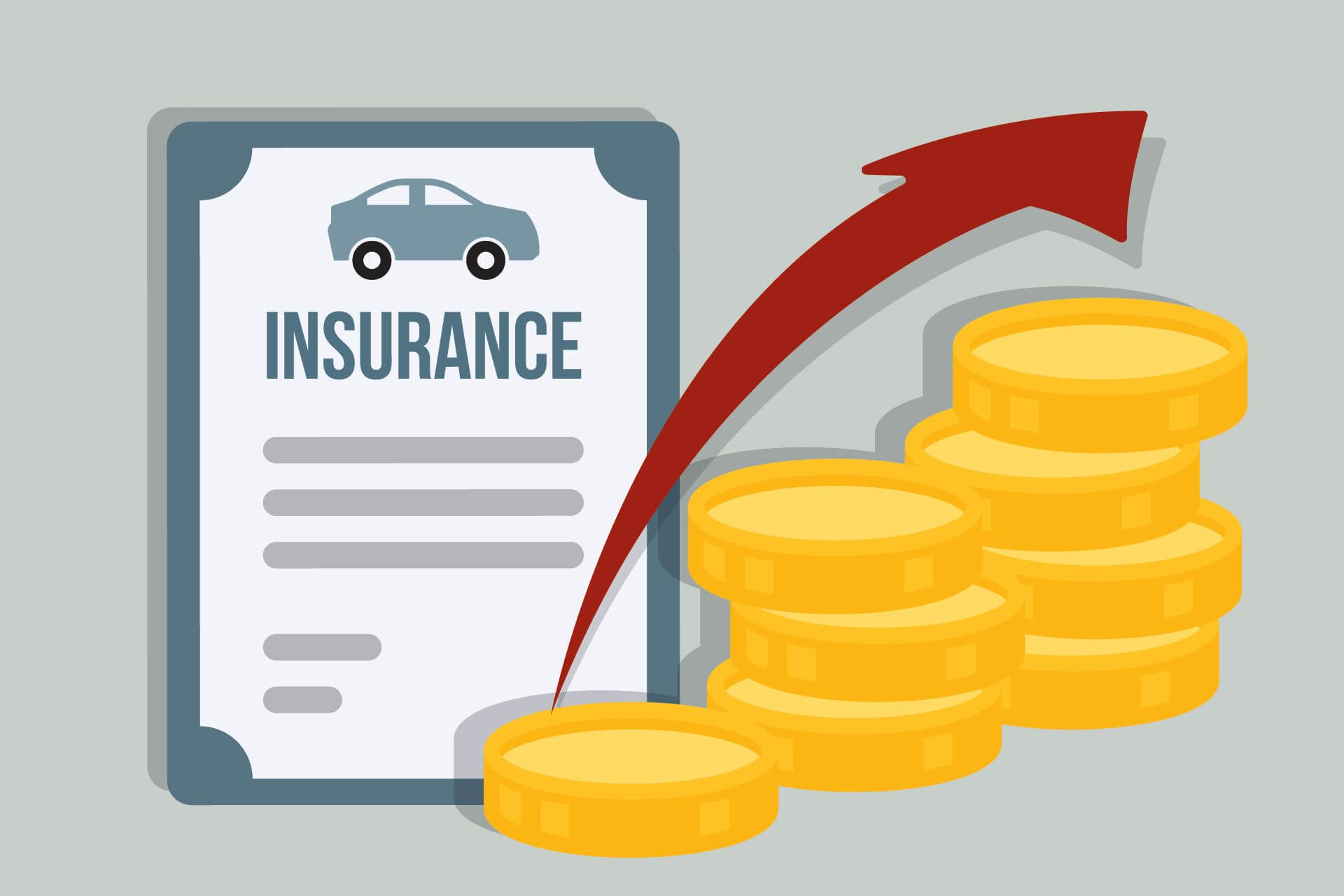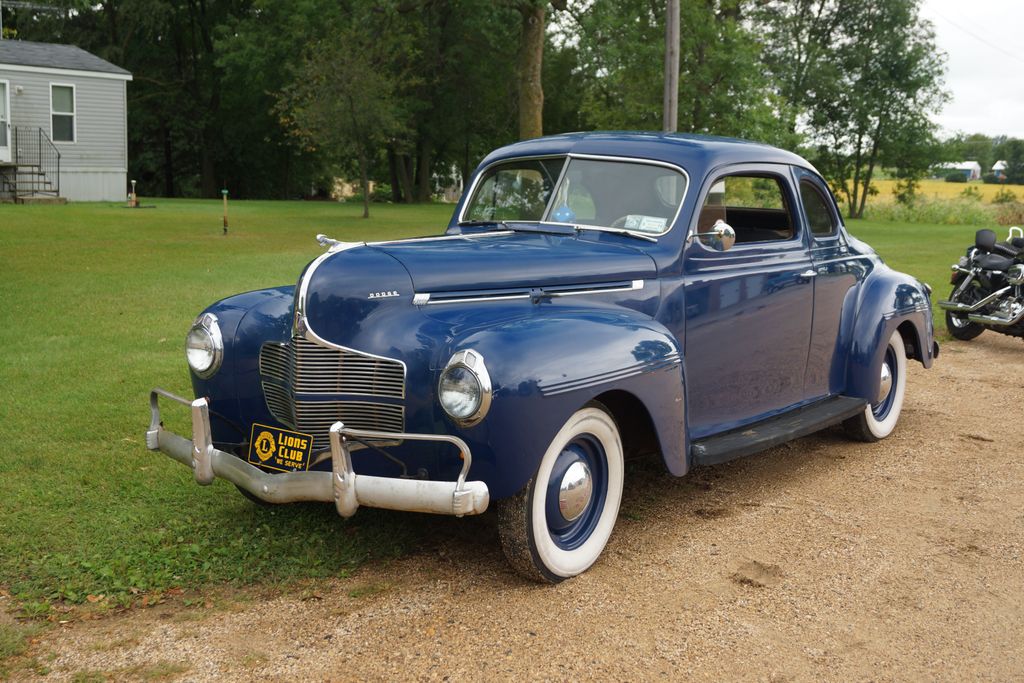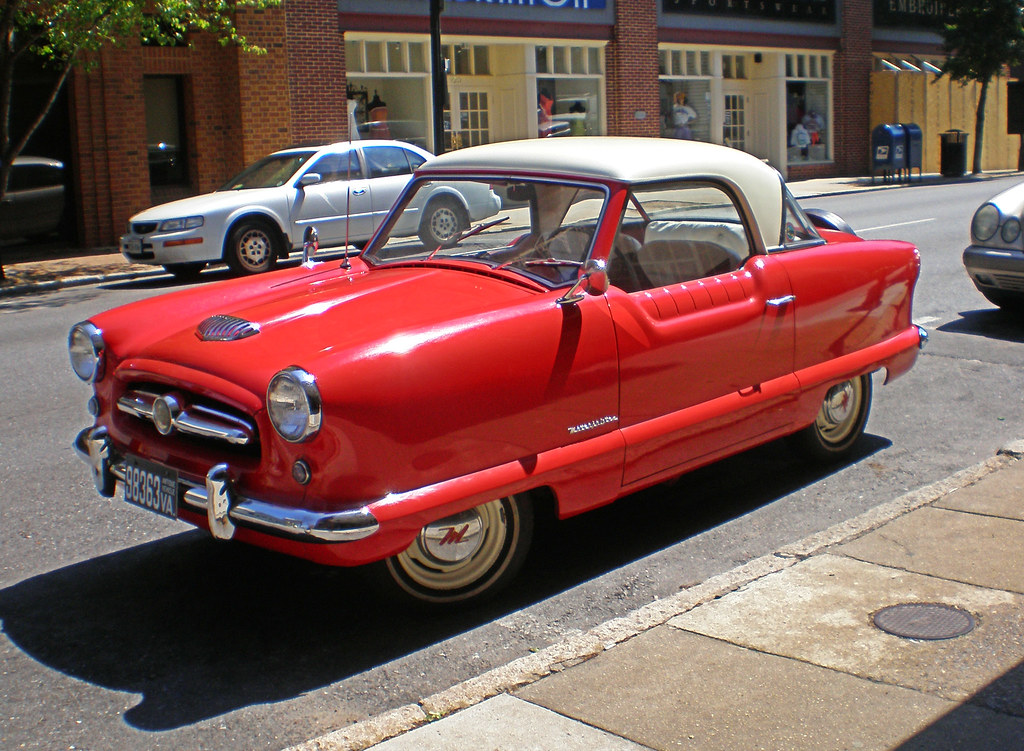
Your classic car isn’t just a machine; it’s a symphony of mechanical parts, each playing a crucial role in its performance. When everything is running smoothly, the sounds are harmonious and familiar. But what happens when an unexpected note, a jarring discord, suddenly emerges from under the hood or beneath the chassis? That’s your car trying to tell you something important, and as any seasoned gearhead knows, ignoring these auditory warnings can lead to a much more dramatic—and expensive—finale.
You’re used to the unique quirks and familiar sounds your vintage ride makes, but there’s a fine line between a harmless characteristic and a serious red flag. Delaying a visit to the mechanic could easily turn a minor adjustment into a major overhaul, costing you more than just peace of mind. The ability to distinguish between these noises, to understand their language, is a fundamental skill for any classic car owner. It empowers you to act decisively and protect your prized possession.
Today, we’re diving deep into some of the most common, yet critical, noises your classic car might make, focusing on the engine and associated components. We’ll decode these automotive alarms, helping you pinpoint the source and understand the urgency behind each groan, squeal, or knock. Consider this your essential guide to becoming fluent in your car’s secret language, starting with seven key sounds you absolutely should not ignore.

1. **Squealing or Screeching Upon Starting (Belts)**Imagine turning the key or pushing the start button, and instead of a smooth rumble, you’re greeted by a high-pitched squeal that sounds remarkably like a bird chirping or, perhaps, a cat in distress. This infamous sound, especially noticeable upon starting the engine, is a classic indicator of a belt issue. Often, it points to a worn or cracked serpentine belt, or a similar accessory belt, slipping or wearing out on its pulleys.
When these critical belts become loose, glazed, or frayed, they lose their grip on the pulleys, which is precisely what generates that notorious screech. Your vehicle often has multiple belts including a separate one for the air conditioner. If this sound only happens when you turn on the A/C, the belt probably needs to be adjusted or replaced, indicating it’s likely the A/C belt rather than the main serpentine.
A failing belt is more than just an annoying noise; it can impact critical systems that rely on its tension and operation. The serpentine belt is responsible for controlling all of the engine accessories, such as the alternator, water pump, and power steering pump. If this belt snaps, you could suddenly lose power steering, charging capabilities, or even engine cooling, potentially leaving you stranded and in a dangerous situation. It’s a fundamental fix that should not be delayed.
Pro tip: If this noise fades away once the engine warms up, it’s often a belt slip due to humidity or cold temperatures, or possibly glazing on the belt. However, if that high-pitched protest sticks around consistently, it’s a clear signal to get it looked at before the belt completely gives up and leaves you without essential functions. Regular inspection of your belts for cracks, fraying, or excessive wear is a simple preventative measure that pays dividends.
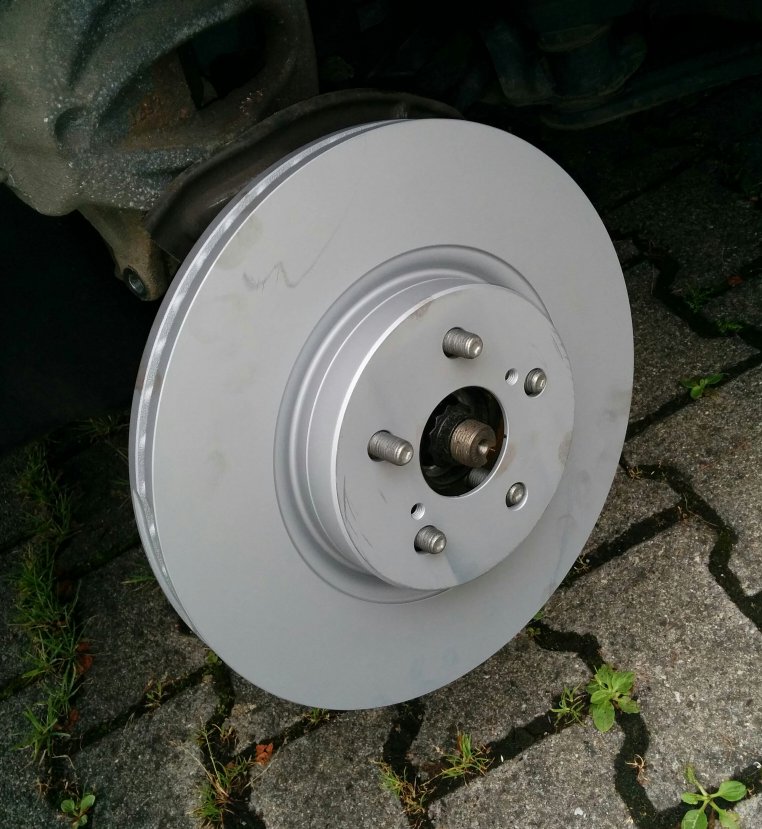
2. **Squealing or Grinding When You Brake**This is one of the most common and immediately alarming noises a driver can encounter, particularly when you hit the brakes. A high-pitched squeal or screech specifically when applying pressure to the brake pedal is usually the first sign of trouble. Many modern brake pads are designed with “squealers”—a small piece of metal that rubs against the brake rotor once the pad material gets low, giving you an audible warning.
If your tires are wet, the brakes might screech for a short while, but this noise typically disappears quickly. However, if you hear this noise consistently while driving or if a harsher grinding accompanies the screeching, it’s a strong indication that your brake pads are severely worn and desperately need replacing. This sound is a crucial alert that the brake pad material is nearly, or completely, gone.
Ignoring this distinct car noise is a critical mistake. It can quickly lead to metal-on-metal grinding, where the brake caliper’s metal backing plate is directly contacting the rotor. This not only causes more expensive damage to the brake rotors, potentially requiring their replacement along with the pads, but it also significantly compromises your stopping power and overall safety on the road. Severely worn brakes are a serious hazard.
When you hear that insistent squeal or the more ominous grinding while braking, it’s not a sound to procrastinate over. It signals parts that are close to failure and directly affects your ability to safely control the vehicle. Schedule a brake inspection and replacement of pads and potentially rotors as soon as possible to prevent further damage and ensure your car can stop effectively when you need it most.
Read more about: 13 Essential Red Flags: Your Step-by-Step Guide to Inspecting a Used Performance Car Like a Pro

3. **Engine Ticking or Tapping**That light, repetitive ticking or tapping sound emanating from your engine, especially noticeable when the car is idling, might seem like a minor annoyance, but it often points to issues within the valve train. This could include worn or sticky valve lifters, or problems with rocker arms. The valve train system is essential for controlling the precise opening and closing of your engine’s valves, which in turn regulate the flow of air and fuel into the combustion chambers.
When these delicate components wear out, get dirty, or lose proper lubrication, you’ll start to hear that distinct click-click-click. In older engines, especially, hydraulic lifters can become starved of oil, directly leading to a ticking noise. This can be more pronounced when the engine is cold, gradually fading as the oil warms up and circulates more effectively, though it might not disappear entirely if the wear is significant.
Sometimes, this ticking or tapping can also indicate low oil pressure, which is a serious concern demanding immediate attention. Your engine’s oil is its lifeblood, providing lubrication to reduce friction and wear between moving parts. Low oil levels or a failing oil pump can starve critical components of lubrication, accelerating wear and potentially leading to far more catastrophic engine damage if ignored. Checking your oil level via the dipstick is always a crucial first step if you hear this noise.
While a very light ticking might be normal in some engine designs, a loud, consistent ticking that persists or worsens, especially if accompanied by other performance issues, is your engine’s way of testing your patience and signaling distress. Addressing valve train issues, ensuring proper oil levels, and using the correct oil type and viscosity through regular maintenance are key to preventing this sound from escalating into more expensive repairs.
Read more about: 11 Proven Strategies: The Essential Habits Top Podcasters Use to Skyrocket Audience Engagement and Retention
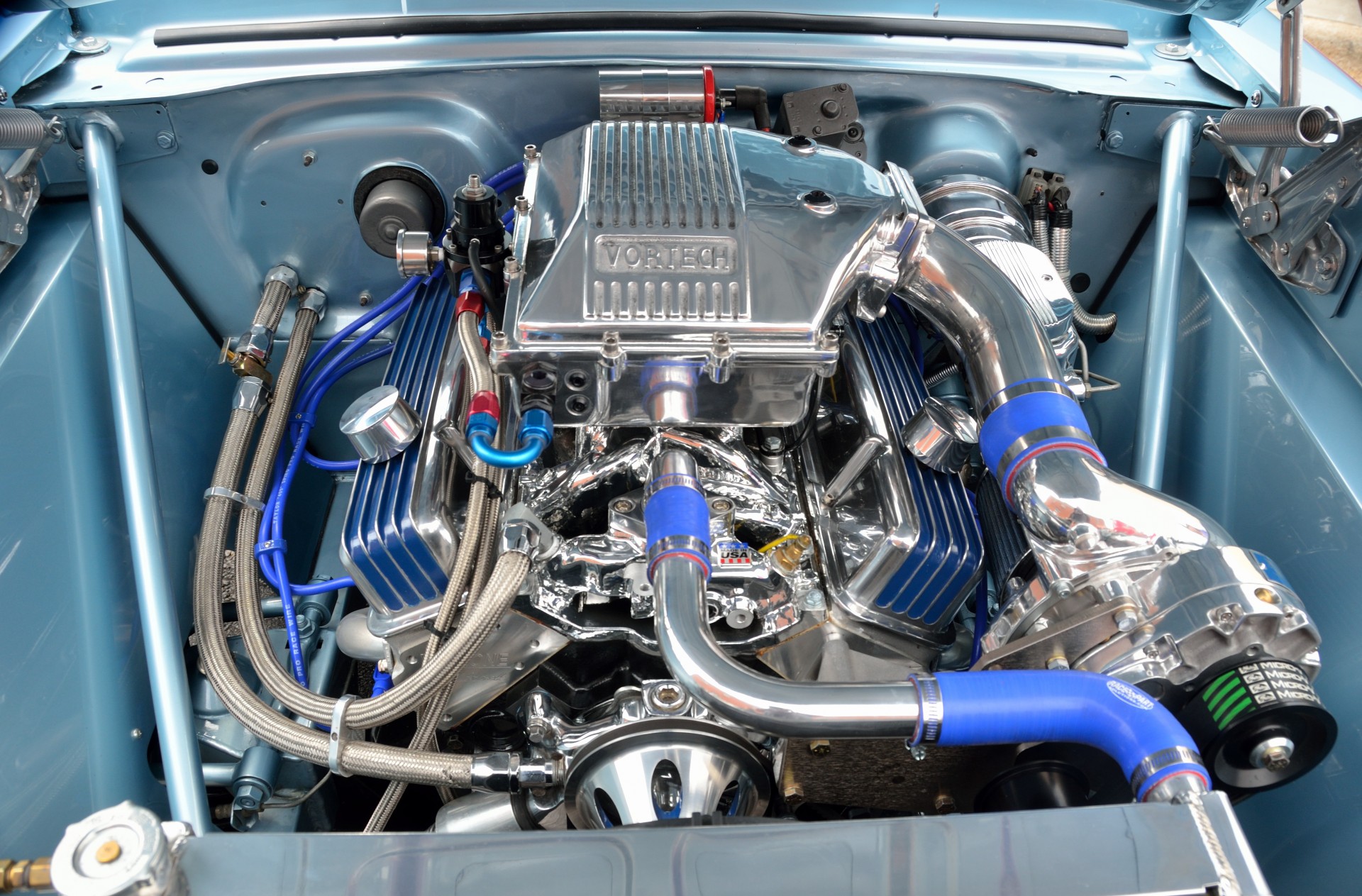
4. **Engine Knocking or Pinging**Engine knocks are one of the most classic and concerning car noises you shouldn’t ignore. They typically manifest as a rhythmic tapping, a metallic pinging, or even a deeper thud, often during acceleration or when the engine is under load. This sound is generally referred to as “detonation knock” or “pre-ignition,” and it signifies an issue with the combustion process within your engine’s cylinders.
This “pinging” happens when there’s a premature ignition of the air-fuel mixture in the engine cylinders. Instead of a smooth, controlled burn, the fuel ignites explosively at multiple points, causing a shockwave that creates the metallic knocking sound. Common culprits for this include using low-octane fuel when your engine requires higher octane, carbon buildup on piston tops or cylinder heads, incorrect ignition timing, or even faulty spark plugs that aren’t firing properly.
Using the wrong type of gasoline is a frequent offender. If your engine is designed for high-octane fuel but you’re consistently filling it with low-grade gasoline, the engine pistons will move erratically, and you could hear a knocking sound. This can damage spark plugs and put undue stress on internal components. While easily rectified by ensuring you use the right type of gasoline, prolonged detonation can inflict serious damage on pistons, valves, and cylinder walls.
Beyond fuel issues, internal engine wear, such as worn rod bearings or main bearings, can also produce a deeper, more ominous knocking sound—often referred to as “rod knock.” This is usually a sign of insufficient oil pressure or extreme wear, and if left unchecked, it can lead to catastrophic engine failure. So, whether it’s a light ping or a heavy thud, engine knocking is a critical alarm that demands immediate investigation to prevent serious engine damage.
Read more about: Demystifying the Dreaded Engine Knock: Your Ultimate Guide to Diagnosis, Repair, and Prevention for a Quiet Ride

5. **Grinding Noise When Starting the Engine (Starter/Transmission)**Imagine turning your ignition key or pressing the start button, anticipating the familiar roar of your engine, but instead, you’re met with a harsh, grating grinding or growling noise. When this sound occurs specifically as you’re trying to start the car, it’s usually a strong sign of a failing starter motor or a worn-out starter gear. The starter gear’s primary job is to engage with the flywheel, effectively cranking the engine to get it running.
If the teeth on the starter gear are worn down, chipped, or if the flywheel’s teeth themselves are damaged, the engagement between these two crucial components won’t be clean. Instead of meshing smoothly, they will scrape and grind against each other, producing that nasty, unmistakable sound. This is a clear mechanical issue that signals trouble in the starting system and should not be ignored, as it can escalate rapidly.
Another scenario where grinding noises become critical is during gear changes, especially in manual transmissions. Jerky movements or pronounced grinding sounds during gear shifts may indicate problems with the transmission itself, such as worn transmission synchros or issues with the clutch components. This kind of grinding is a direct result of components failing to engage smoothly, leading to metal-on-metal friction that accelerates wear.
If you ever hear this type of grinding when starting or shifting, it’s crucial to avoid repeatedly cranking the engine or forcing gear changes. Doing so can cause further damage to the starter, flywheel, transmission gears, or clutch assembly, turning a potentially minor repair into a much more extensive and costly one. Getting this inspected sooner rather than later can save you from a complete no-start situation or a significant transmission overhaul.
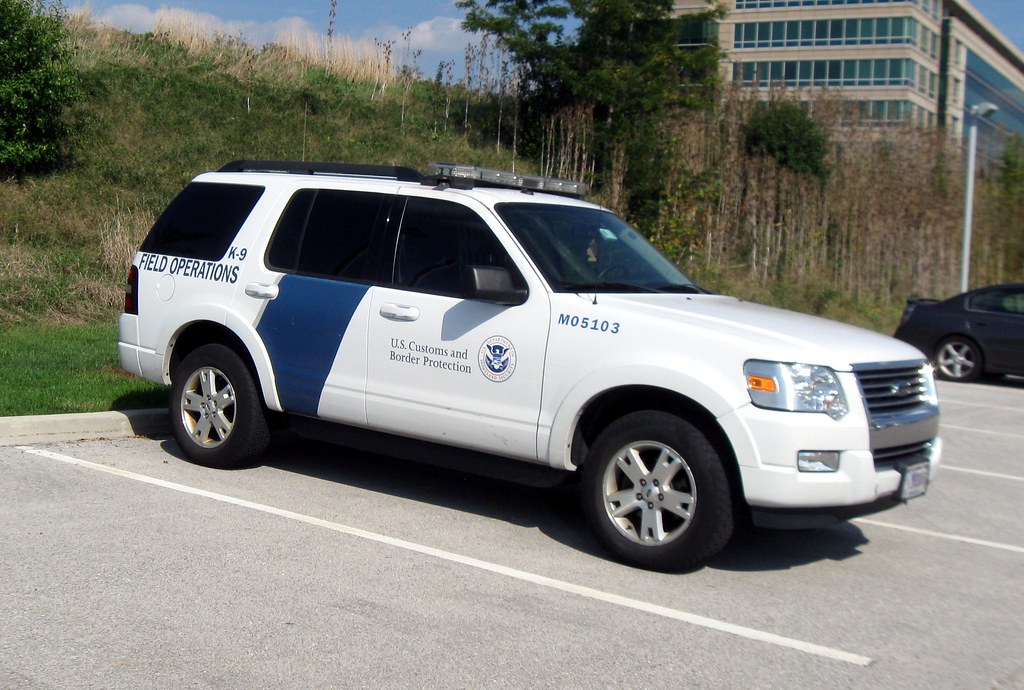
6. **Hissing or Sizzling Under the Hood**A hissing or sizzling noise coming from under the hood can be quite alarming, often signaling immediate danger to your engine. Think of it as your car’s way of saying, “Something’s hot, and it’s not supposed to be!” This sound typically indicates a leak of some kind, where liquid is falling onto hot engine parts, or an issue with pressurized systems.
One of the most common causes is a coolant leak. If you hear a sizzling sound, especially after shutting off the engine, it could be coolant spraying onto a hot surface like the exhaust manifold or engine block. This is a critical indicator that your cooling system is compromised, which can quickly lead to engine overheating. An overheated engine can cause severe damage, including a blown head gasket, which is a very expensive repair.
Alternatively, the hissing could be from engine oil or transmission fluid leaking onto hot components. While perhaps not as immediately catastrophic as an overheating engine, these leaks still signify a problem that needs addressing. Beyond fluid leaks, a high-pitched hiss can also be indicative of a vacuum leak within the intake system. Vacuum leaks affect engine performance, leading to rough idling, loss of power, and reduced fuel efficiency.
Regardless of the specific liquid or gas escaping, hissing or sizzling noises are an undeniable red flag. They often hint at overheating risks, engine inefficiency, or the potential for more significant component failures. Do not delay in investigating this sound; let the engine cool down, check your fluid levels, and book a cooling system or vacuum leak inspection to prevent further damage and ensure your engine’s health.
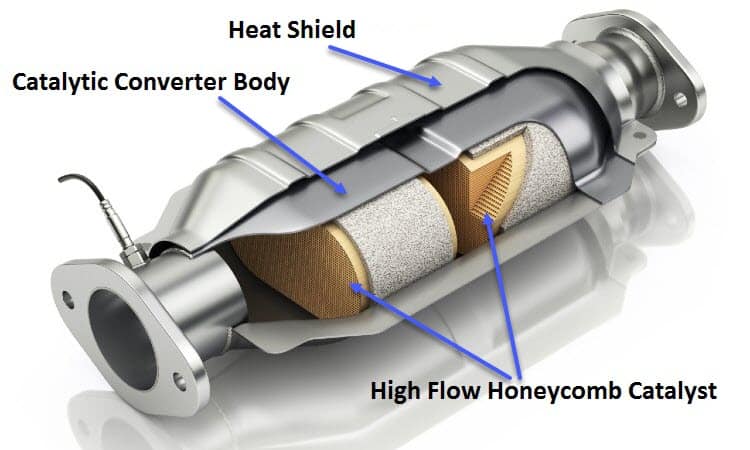
7. **Rumbling or Rattling at Idle and Over Bumps (Exhaust/Loose Parts)**Have you ever heard a persistent low rumble or an annoying rattling sound coming from underneath your car, especially when it’s idling, decelerating, or going over bumps? This kind of noise suggests that something is loose or compromised within the undercarriage, often related to the exhaust system or suspension components. It’s more than just a minor inconvenience; it can be a symptom of various issues that affect both driving comfort and safety.
A common culprit for rumbling or rattling is a compromised exhaust system. Rusted or broken exhaust hangers, loose clamps, or even a hole in the muffler or flex pipe can cause a rumbling noise that gets louder as you accelerate. Loose heat shields around the exhaust system are notorious for producing a tin-can-like rattling sound as they vibrate against the chassis. These are often easy to spot and can sometimes be tightened with simple tools.
Beyond the exhaust, rattling or clunking sounds, particularly pronounced when going over bumps, are classic indicators of suspension wear. Worn-out suspension components, such as bad struts, shocks, sway bar links, or deteriorated bushings (like anti-roll bar bushings), will produce these unsettling noises as they fail to absorb impacts properly. These issues not only create noise but also compromise your vehicle’s handling and stability.
Perhaps most dangerously, a rattling or clunking sound could also mean loose wheel lug nuts, which is a severe safety hazard, as a wheel could potentially fall off. Any continuous rattling or clunking from underneath the car demands immediate attention. A quick inspection of your suspension and undercarriage can identify and prevent further wear, ensure your car’s structural integrity, and address critical safety hazards before they lead to a breakdown or an accident.
undefined

